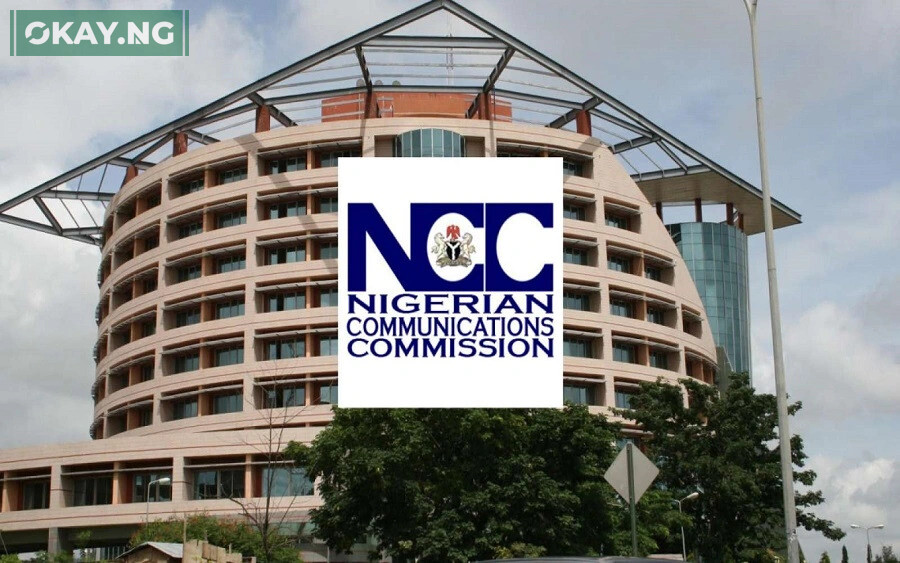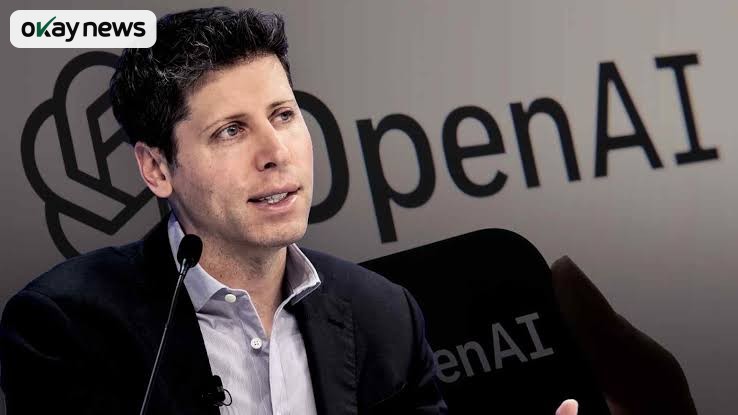The Nigerian Communications Commission (NCC) has introduced a bold new licensing framework aimed at encouraging innovation, supporting startups, and creating space for emerging technologies within Nigeria’s telecommunications ecosystem.
The initiative was announced at a stakeholders’ forum on the Draft General Authorisation Framework held Thursday in Abuja, where the Executive Vice Chairman of the NCC, Dr. Aminu Maida, shared insights through a speech delivered on his behalf by Barrister Rimini Makama, Executive Commissioner for Stakeholder Management.
“We are now at a turning point where the nature of innovation demands a regulatory paradigm that is not only responsive but enabling,” Dr. Maida stated, describing the move as a critical evolution in how Nigeria licenses and regulates communications services.
The new framework introduces three regulatory instruments tailored to accommodate rapid changes in digital services:
- Proof-of-Concept (PoC) Pilots – allowing innovators to test groundbreaking solutions in real-world environments;
- Regulatory Sandbox – enabling controlled trials of ideas like Open RAN, spectrum sharing, and other next-gen concepts;
- Interim Service Authorisation – a flexible licensing category for novel services that do not fit under current licensing terms.
According to Maida, these mechanisms will allow innovators—from early-stage startups to established telecom players—to demonstrate feasibility, validate concepts, and manage risks in a safe and supportive environment.
“This model encourages experimentation and responsible innovation while safeguarding consumer rights and public interest,” he said.
He emphasized that collaboration across the industry would be vital to ensure the successful implementation of the framework. Maida specifically called on network operators, infrastructure providers, equipment manufacturers, academia, and civil society to provide input that could shape the final policy.
“The future of Nigeria’s digital economy is no longer distant. It is unfolding right before us,” Maida noted. “At the heart of this future is the communications sector—our shared infrastructure for innovation, inclusion, and economic advancement.”
Also speaking at the forum, Usman Mamman, the NCC’s Director of Licensing and Authorisation, revealed that the framework was developed through inter-departmental collaboration and benchmarking against global regulatory innovations.
“A Benchmark Study was carried out to learn how other countries support innovation, including the UK’s Ofcom Sandbox model and Singapore’s Infocomm Media Development Authority testbeds,” Mamman said. “These examples helped us understand how to promote innovation in a way that still meets regulatory goals.”
He explained that the Commission had identified an increasing number of service applications that could not be licensed under current categories, highlighting the need for a more agile and dynamic licensing model.
The proposed framework also integrates regulatory safeguards covering data protection, cybersecurity, and customer rights, aligning with key national policies such as the Nigeria Data Protection Act 2023, the National Broadband Plan, and the Nigerian Communications Act 2003.
Mamman emphasized that feedback from stakeholders would be instrumental in refining the draft document before final implementation.
The forum brought together key figures from the telecom and tech sectors, regulatory agencies, and civil society groups. Attendees were encouraged to submit recommendations to help align the framework with Nigeria’s broader digital transformation goals.
Okay.ng reports that the draft policy represents a significant step forward in ensuring Nigeria’s telecom industry remains a fertile ground for homegrown innovation and global competitiveness.







